Once we ultimate visited the topic of girls espresso farmers for a tasting file in 2017, we explored the panorama of gender (in)fairness in the course of the lens of roasters who had bought coffees produced through females — as farm homeowners, farmers within the box, as a part of cooperatives, and as collectives pulled in combination through aim or through destiny. It’s nonetheless the case that, whilst females personal between 20 and 30 % of espresso farms on this planet, and carry out an estimated 70 % of the exertions required for espresso manufacturing at quite a lot of issues alongside the availability chain (Global Espresso Group), they’ve a lot much less get admission to than males to useful resource methods had to maintain those companies and/or their livelihoods, comparable to the facility to buy or rent land, monetary give a boost to comparable to loans, informational and academic assets, and the childcare continuously required to do their paintings. That is true even supposing females contain 43 % of the worldwide agricultural exertions power (Meals and Agriculture Group of the United Countries).
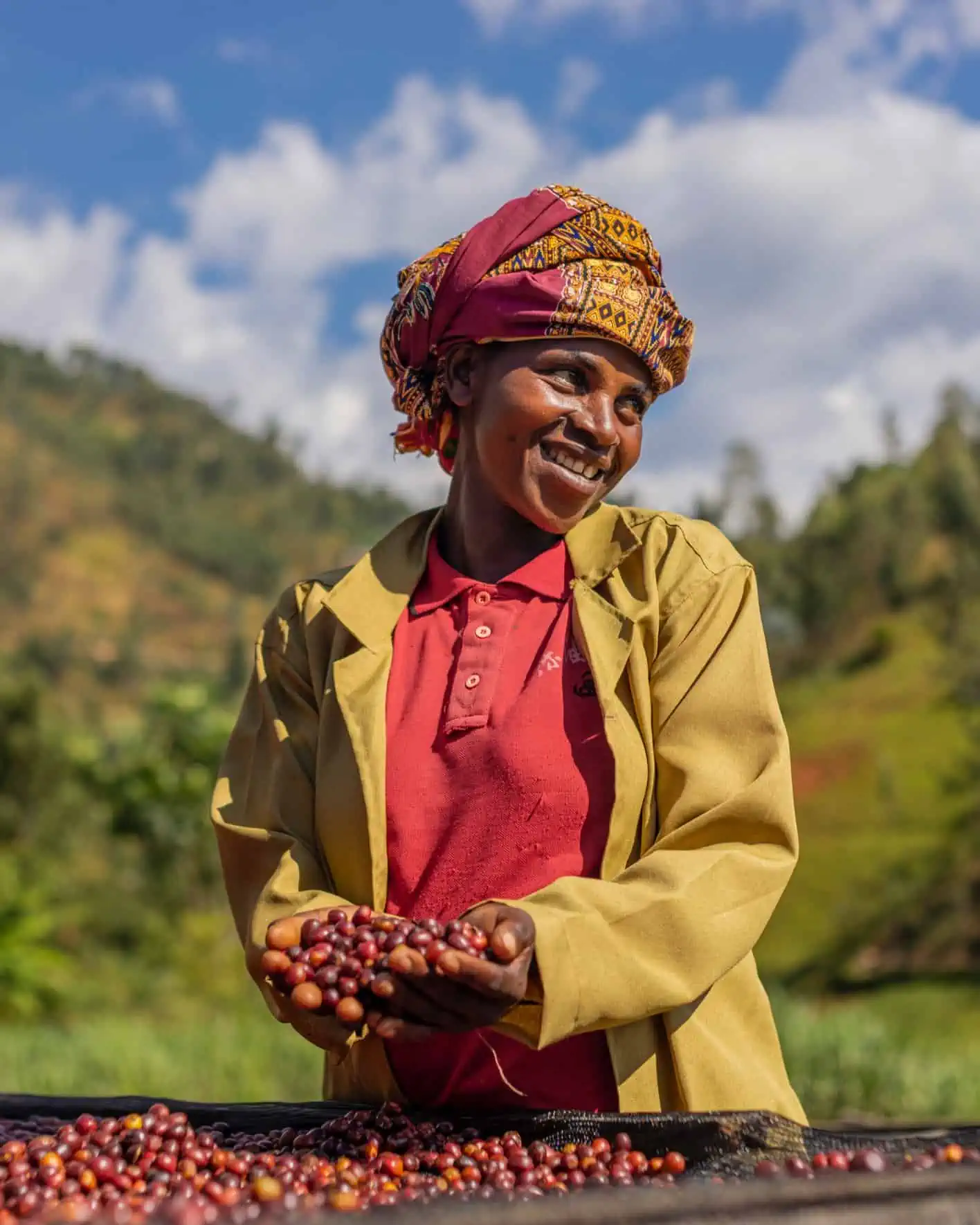
Sorting cherries at Rwanda’s Gasharu Washing Station. Courtesy of Cafecita.
Admittedly, it’s somewhat of a assemble to name out females manufacturers, particularly, as many fingers are concerned within the manufacturing of any espresso, from seed to cup, because the pronouncing is going. However highlighting the tales of girls farmers is a window into the bigger socio-political narrative and, as such, an road for change-making of quite a lot of types.
This month, we requested roasters to publish coffees from women-owned farms, females’s cooperatives and microlots farmed through females as a way to enlarge the tales in their outstanding coffees and contact consideration to the quite a lot of techniques females are succeeding within the espresso trade, in spite of many stumbling blocks.
We won 45 samples, which ranged in rating from 80 to 96, and we assessment the ten highest-scoring coffees right here, from the wide-ranging origins of Hawai’i, Indonesia, Panama, Guatemala, Ethiopia, Mexico, Burundi, Rwanda and Taiwan. This world span itself demonstrates that there’s a lot thrilling paintings being accomplished through females in espresso internationally.
3 Best-Scoring Coffees
Coffees from the Giant Island of Hawai’i, Sumatra and Panama earned the easiest ratings in our cupping, at 96, 95 and 94, respectively. Two are from women-owned farms, and one is from a collective.
Lorie Obra and her crew at Rusty’s Hawaiian grew, processed and roasted the Grand Champion Purple Bourbon Herbal we rated 96 for its delicately fruit-forward, richly fragrant profile. From the Ka’u rising area lesser recognized than Kona at the Giant Island of Hawai’i, this Purple Bourbon is tropical, juicy and plushly syrupy, and it’s superbly consultant of what the area, lengthy in Kona’s shadow, is able to.
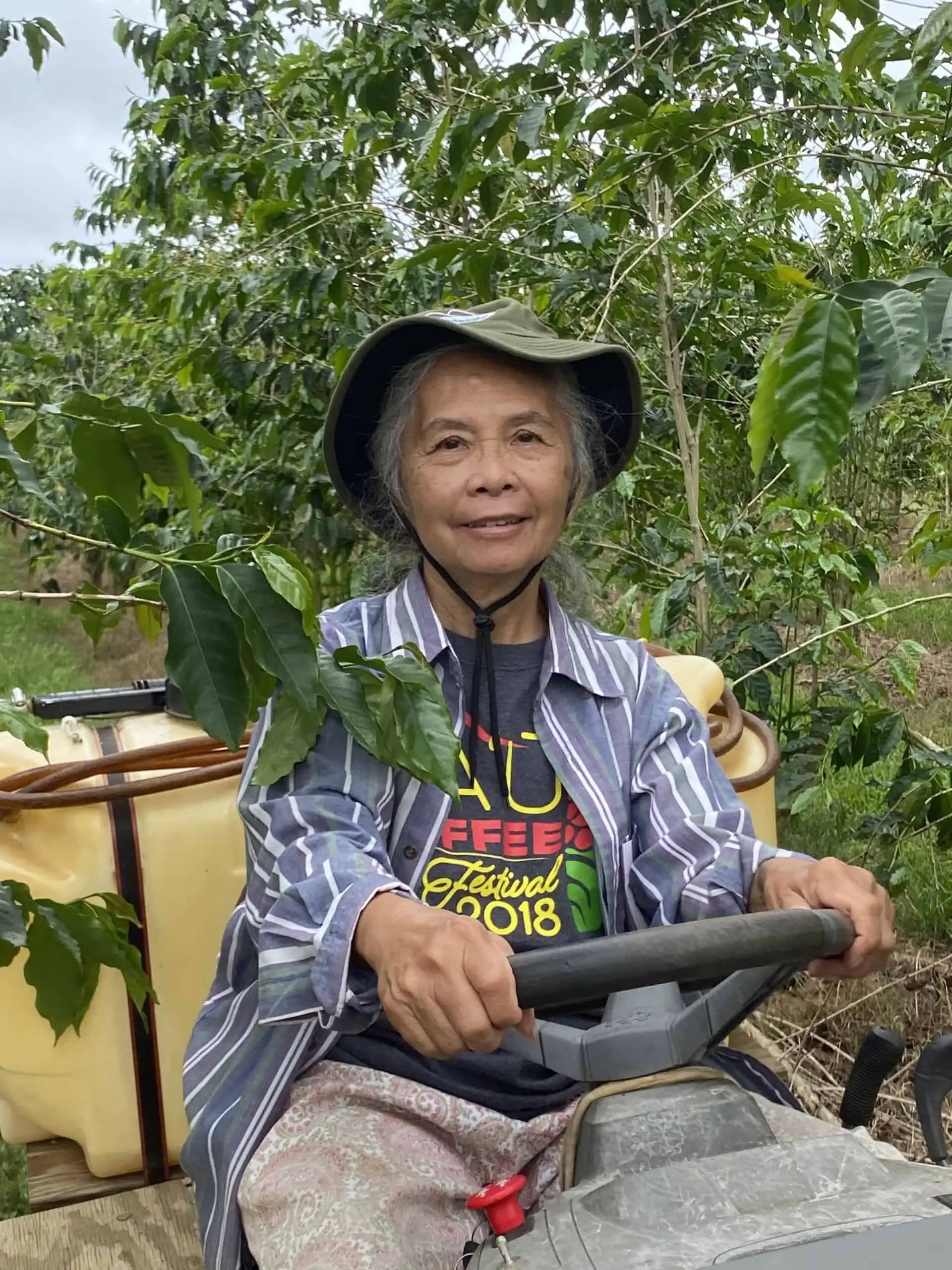
Lorie Obra of Rusty’s Hawaiian, a pioneer within the espresso trade. Courtesy of Rusty’s.
Obra, who based the industry together with her past due husband, Rusty, says she confronted many demanding situations after Rusty’s demise in 2006, now not the least of which used to be pursuing the dream of hanging Ka’u — a sugar plantation the city — at the map for espresso. Since then, her coffees had been featured at the global level at each the International Barista Championships and the International Brewers Championships, and her leading edge processing strategies are very talked-about through manufacturers, inexperienced consumers and roasters. At 71, Obra has no plans to retire. She’s in it for the lengthy haul, together with the present demanding situations of managing leaf rust and low berry borer, neither of which used to be part of her paintings till lately.
Speckled Ax in Portland, Maine, despatched in a Sumatra Lintong Kardon (95) that inspired us with its vintage profile — richly earthy, sweetly spice-toned — increased through distinct notes of graphite, crimson peppercorn and guava. Much more compelling is that this espresso’s tale. It used to be produced through a bunch of 200 widows within the Lintong area who’ve had to be told the espresso industry as their husbands have passed on to the great beyond through the years. Supported through a husband-and-wife crew who move through Kardon and Yulinda, those females farmers obtain coaching in agriculture and low processing. This actual pattern is among the best possible Sumatras we’ve tasted all yr.
GK Espresso in Yilan, Taiwan, despatched us a washed Panama Finca Don Julian, any other vintage profile with its brightly candy, floral-toned cup. We were given notes of narcissus, crimson grapefruit and bay leaf on this stone fruit-driven cup. Proprietor Heakyung Kang Burneskis purchased the farm in 1998 together with her husband on a whim. Each medical doctors, they discovered the farm whilst touring in Panama and fell in love with its many timber. Burneskis says she feared that any other purchaser would are available and lower down the entire timber, in order that they jumped on the likelihood to start out a espresso farm. After her husband’s demise, she has persisted the legacy of manufacturing world-class coffees, lots of that have received Very best of Panama awards over the last twenty years. Roaster Gary Liao buys coffees from this farm each time they’re to be had and, as a long-term spouse, helps Burneskis’ farm and, through extension, her paintings in conservation.
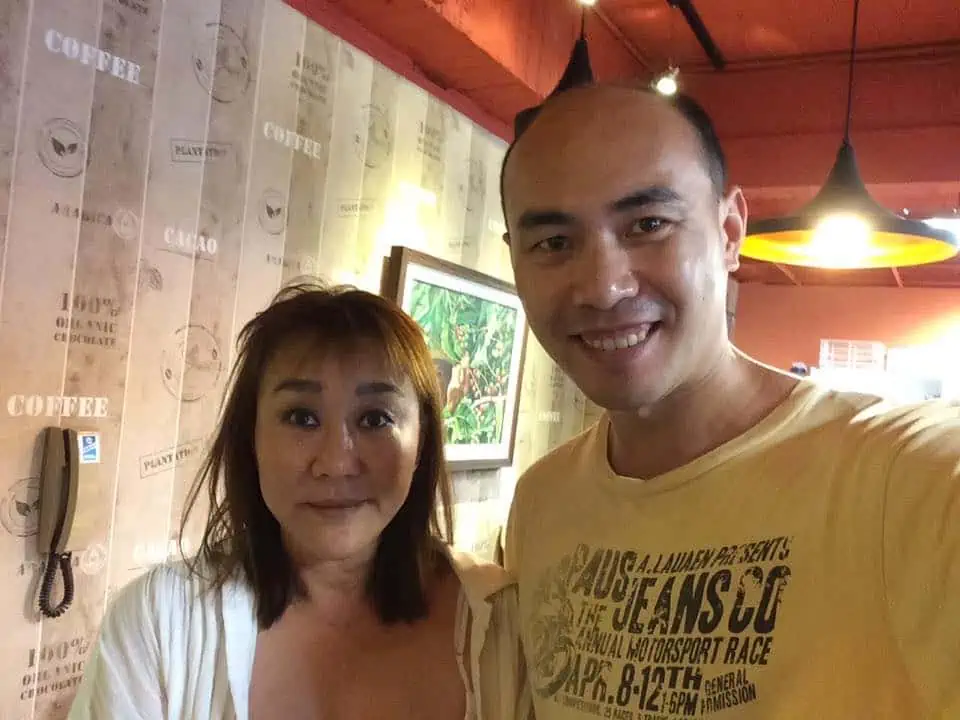
Heakyung Kang Burneskis of Panama’s Finca Don Julian with roaster Gary Liao of GK Espresso. Courtesy of GK Espresso.
We didn’t set out on the lookout for any specific theme however in finding it attention-grabbing that our top-scoring coffees are each and every merchandise of those females’s talent to enlarge their talents on account of the shared circumstance of shedding the boys of their lives with whom they’d additionally partnered in paintings. Those are the sorts of luck tales we grasp up as exemplars within the context of the numerous conversations occurring about gender fairness in espresso as of late.
A Guatemala, a Taiwan and an Ethiopia at 93
Our global excursion of women-produced coffees continues with 3 coffees we rated at 93.
Barth Anderson of Barrington Espresso Roasting Corporate in Lee, Massachusetts, has been purchasing Paty Perez’ espresso since 2013, and that is the fourth yr he’s presented this actual lot, from what Perez calls the “parte alta” or upper elevation of Finca Diamante in Agua Dulce, Huehuetenango, Guatemala. It makes for a boldly structured, richly chocolaty cup with undertones of tart, pomegranate-like fruit and dusky oregano.
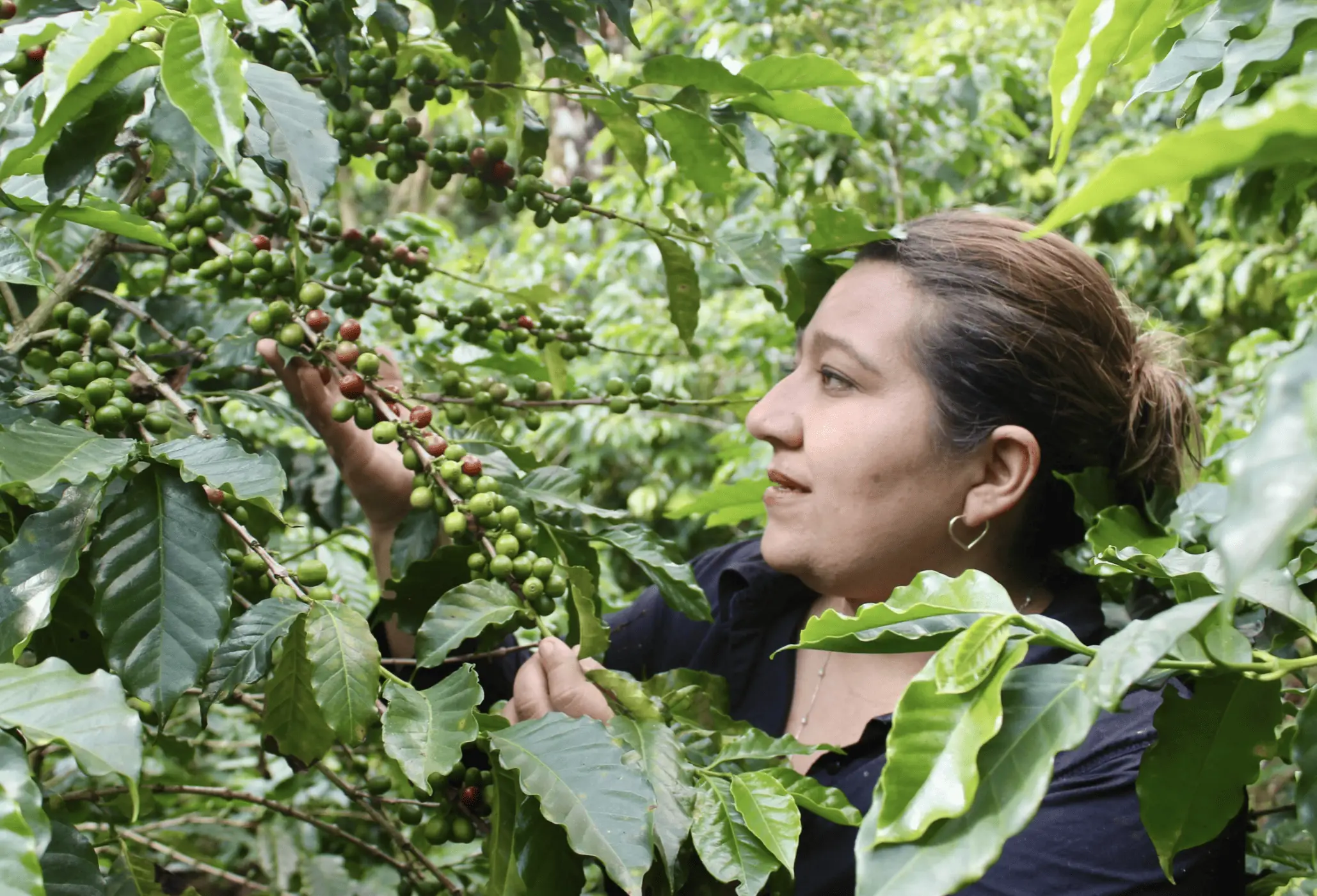
Guatemala espresso farmer Paty Perez, who produced Barrington’s Diamante Perez, which we assessment this month.
At the different aspect of the globe, in Nantou County, Taiwan is YuChin Kao’s Kanon Property, the place Kao grows, amongst different types of Arabica, the SL34 herbal that Caesar Tu of Kakalove Café (additionally Taiwan-based) submitted for this file. It’s a fancy, richly sweet-savory espresso with notes of salted caramel, tamarind, hazelnut, freesia and inexperienced peppercorn, evocative of the SL34 cup as produced within the selection’s house territory of Kenya however with an umami undercurrent that could be because of a special terroir in Taiwan. The identify of her property, Kanon, combines the names of Kao’s two grandmothers. Whilst Kao studied social paintings, she is now working the farm with give a boost to from her circle of relatives. Her function is to in the end mix each pursuits and teach adolescence in the neighborhood in regards to the espresso trade, in addition to be offering jobs to other people with disabilities.
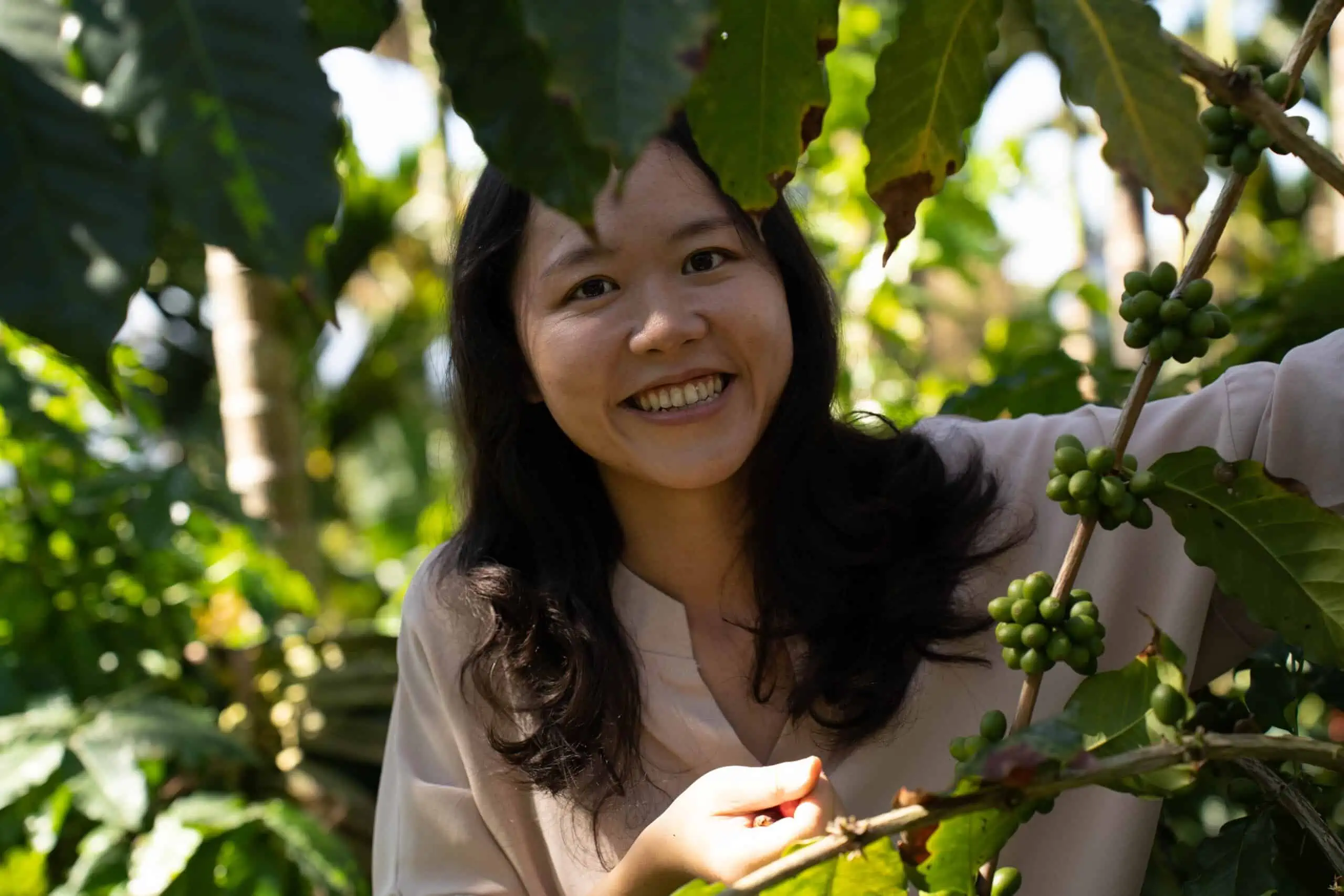
YuChin Kao of Kanon Property. Courtesy of Kanon Property.
Any other roaster in Taiwan, Tom Chuang of Small Eyes Café, submitted an Ethiopia Gediyo Yirgacheffe Wegida Ama Dedication Burtukan Wako Herbal G1 espresso this is hanging for its floral intensity and myrrh-like undertones along side vivid nectarine notes. This espresso is the fabricated from importer Linking Espresso’s courting with Wubit Bekele, the founding father of Ephtah Strong point Espresso, whose “Ama Dedication” program is directing a share of proceeds to give a boost to females farmers. This actual Yirgacheffe used to be farmed through Burtukan Wako, who inherited her husband’s land when he died in 2003.
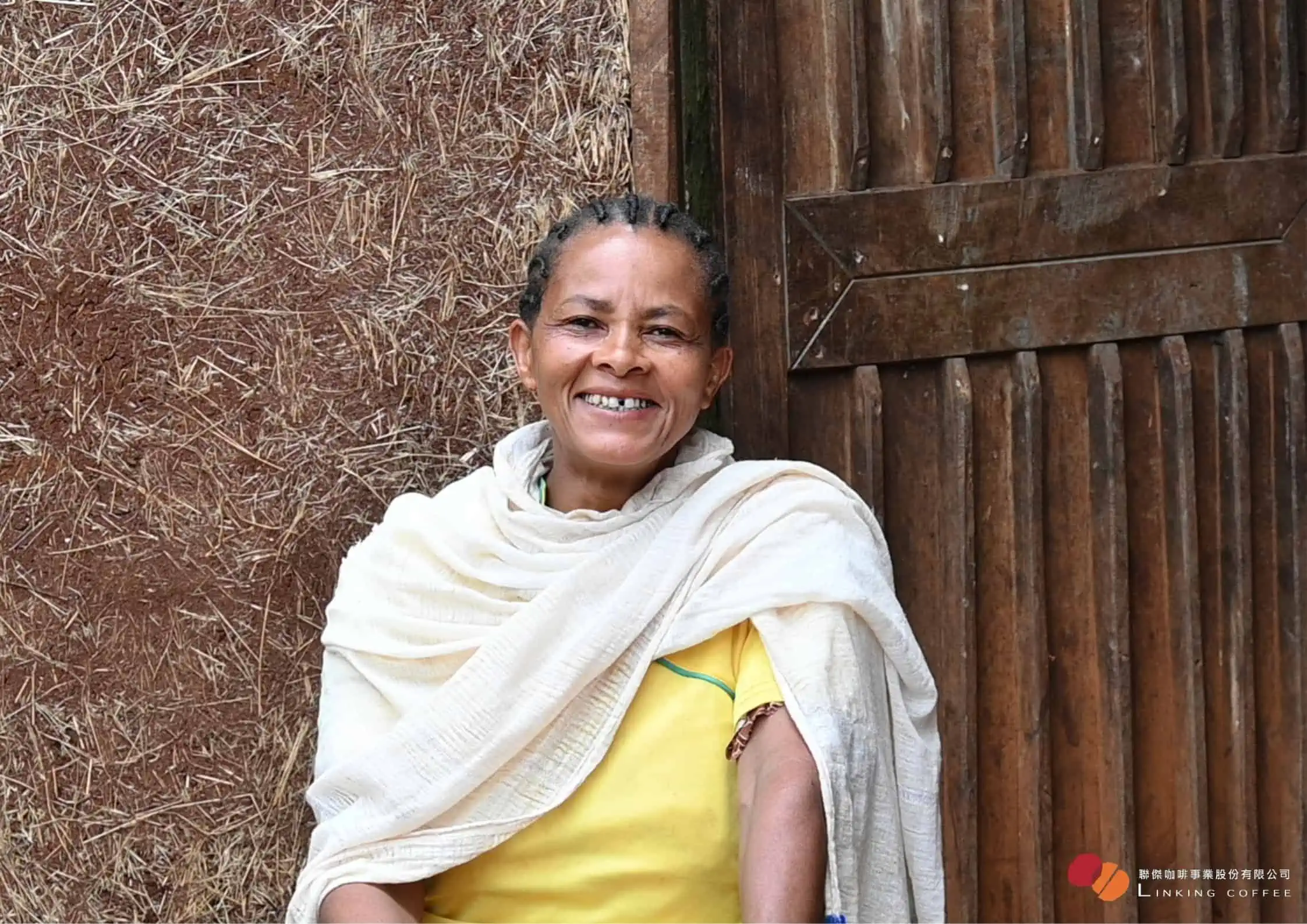
Yirgacheffe, Ethiopia espresso manufacturer Burtukan Wako. Courtesy of Small Eyes Cafe.
3 Extra From Africa, and a Mexico
It’s now not sudden that coffees from Africa fared nicely on this file, however it’s particularly heartening that the continent used to be so well-represented when it comes to high quality throughout many nations in our cupping. A Burundi, a Rwanda and any other Ethiopia all made the top-scoring 10, along side a darker-roasted espresso from Mexico.
Equator Espresso’s Burundi Girls of Turihamwe (92) is a berry-driven, spice-toned Burundi Bourbon (suppose mulberry, clove, ginger blossom) produced through a small investor staff of 7 females referred to as Turihamwe Turashobora, based in 2019 when the ladies pooled their assets to construct a rainy mill. It’s disbursed through Burundi’s champion of girls espresso farmers, Jeanine Niyonzima-Aroian, whose JNP Espresso has, for greater than a decade, been dedicated to the venture of empowering females espresso farmers, who nonetheless lack complete assets possession rights or equivalent get admission to to training. JNP Espresso has additionally bought lots of the espresso grown through contributors of the Burundi bankruptcy of the Global Girls’s Espresso Alliance (IWCA) and supported different organizations that train females monetary literacy and management talents.
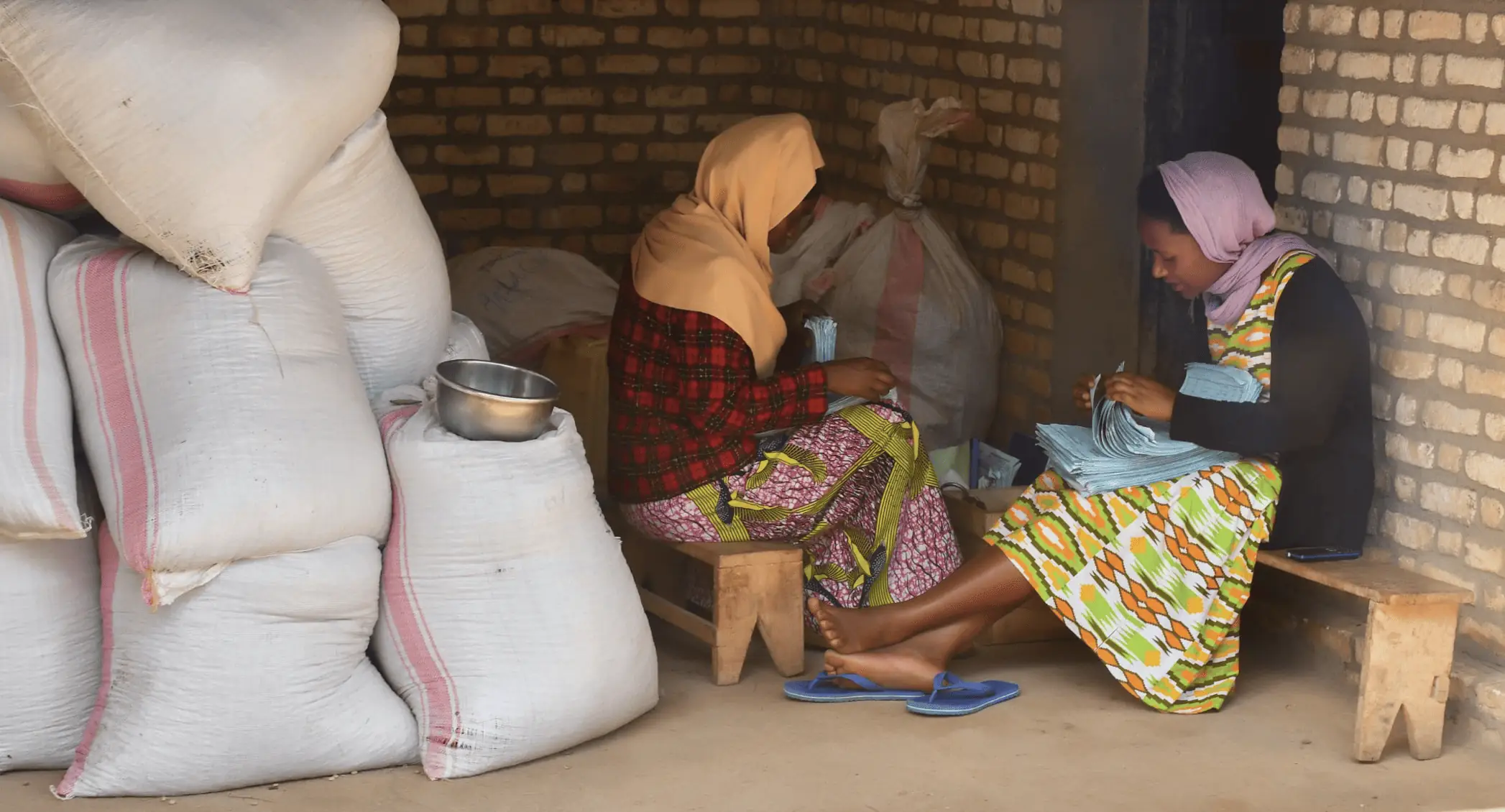
Running on the Turihamwe rainy mill in Ngozi, Burundi. Courtesy of JNP Espresso.
A not unusual style of espresso farming in Africa and different generating nations is to mix the plants of smallholding farmers round a centralized washing station, and Wonderstate Espresso’s Ethiopia Idido Tiluse Honey Procedure (92) is solely this type of espresso. On this case, the girl on the helm is Tiluse Washing Station proprietor Hirut Gute, who collaborated with Snap Strong point Espresso for this microlot, which is deep-toned and sweetly citrusy, with notes of pomelo, cantaloupe and cocoa nib.
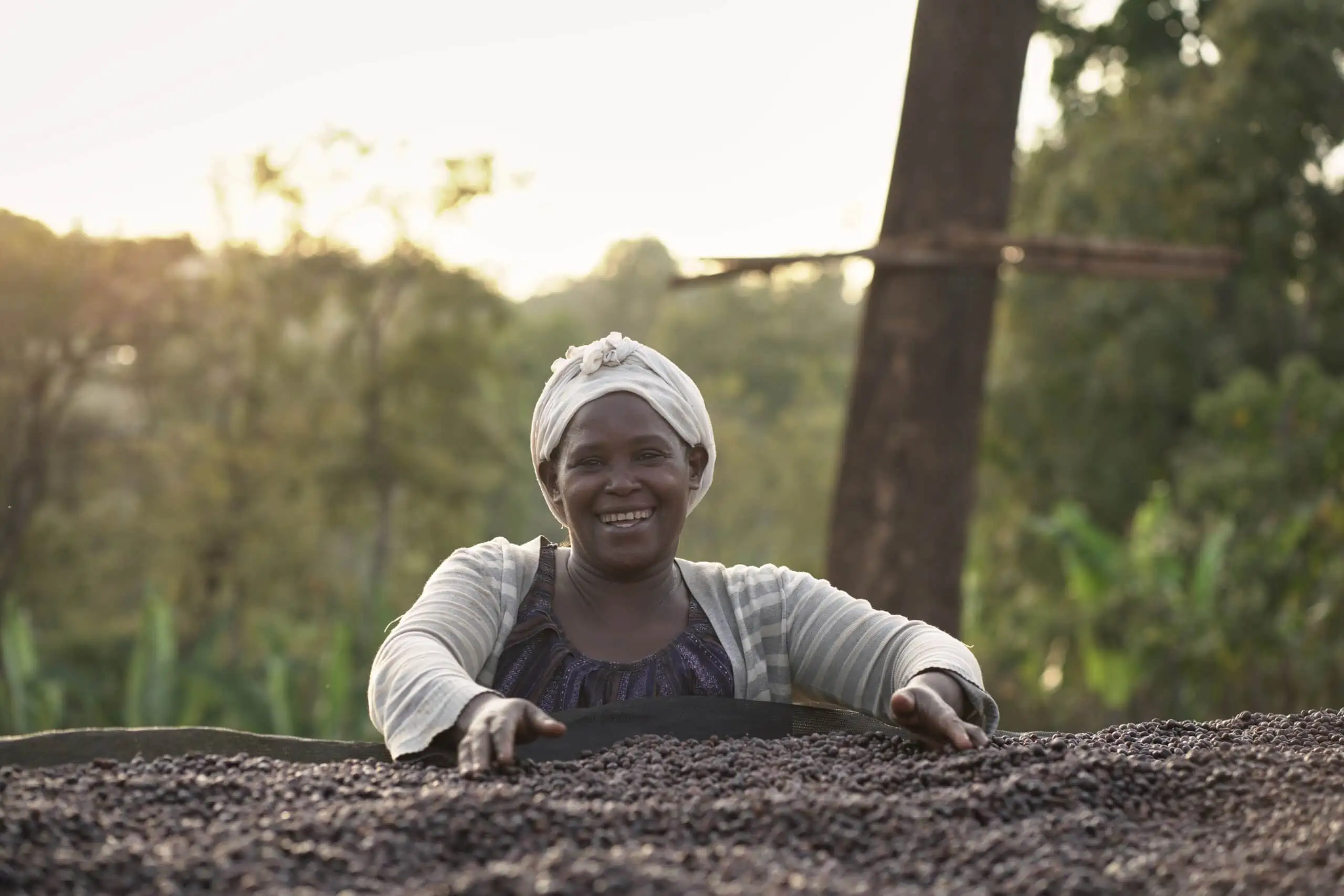
Hirut Gute turning coffees on the Tiluse Washing Station in Yirgacheffe, Ethiopia. Courtesy of Wonderstate.
Rwanda is extensively admired within the espresso trade for its unique coffees from devoted small manufacturers arranged round cooperative or non-public washing stations. Queen’s Crown Rwanda (91) used to be submitted through Los Angeles-based Cafecita, a women-owned roasting corporate whose industry style is focused round sourcing simplest coffees from women-led farms and cooperatives. This microlot is produced through smallholding females farmers surrounding the Gasharu Washing Station.
And in the end, we’ve got San Diego-based Nostalgia Espresso’s Glory Days (92), which is a single-origin Mexico from Veracruz with notes of darkish chocolate, dried cherry, cashew, gently scorched cedar, and gardenia, sparsely roasted to medium-dark. Founder Taylor Fields sourced this espresso from Girl Energy Zongolica Farm, a collective of 20 females manufacturers. She provides that as a result of her roastery is solely half-hour from the border crossing into Mexico, it’s vital to her to create deep ties with this shut geographical neighbor, particularly for the reason that espresso from Mexico has been in large part left out within the distinctiveness global till lately. The cherry on peak is Nostalgia’s core venture, which as a homosexual woman-founded corporate is to give a boost to a systemic shift to a extra equitable, inclusive, sustainable and various espresso trade.
Supporting Girls Espresso Manufacturers
We discovered so much within the means of finding very good women-farmed coffees to counsel to you this month, and much more compelling than what we discovered within the cup are the tales in the back of each and every uniquely glorious espresso — the exertions, the creativity, the resilience and the ability that made all of them conceivable.

Leave a Reply